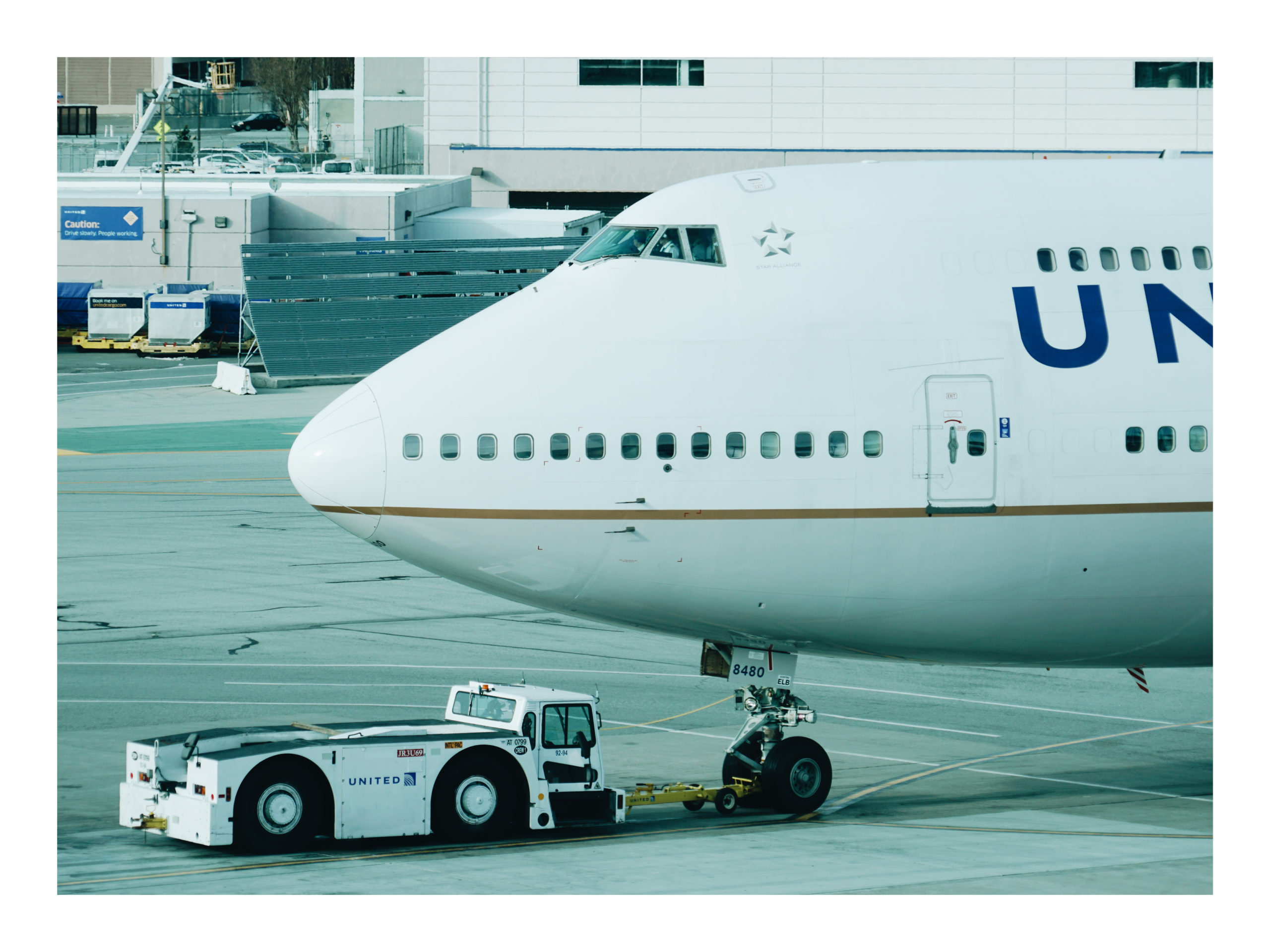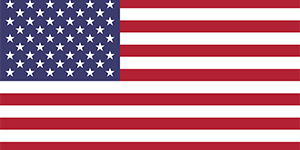United Airlines CEO Experiences Turbulence
I’d hate to be United Airlines CEO Oscar Munoz. The last two years have been PR nightmares, and he’s not handled them well. What would you do if a paying customer were forcibly removed from one of your aircraft, footage of the incident was released on Twitter, and people all over the world were horrified? Hopefully, not “apologize for having to re-accommodate” him (Dr. David Dao). While Munoz has since gone on to make further apologies and United Airlines will no longer let their employees take the seats of already boarded passengers, the damage to the company’s reputation is done, and biting satire is coming from every direction: comedians, other airlines, and meme-makers.
United Airlines’ Problem with Leggings and Guitars
United has had trouble saving face before. Just a couple of weeks prior to the aggressive deplaning of Dao, the airline refused to board two teenage girls for wearing leggings. These girls used a “buddy pass”, which requires adherence to the dress code. Leggings are not part of that dress code. When a woman tweeted about the incident, the airline’s response on the social media channel was less than stellar.
Also, back in 2008, United Airlines’ baggage handlers broke musician Dave Carroll’s (Sons of Maxwell band member) guitar. Carroll tried to resolve the situation with the airline, but eventually resorted to this. So, how does United Airlines, or any other company, do damage control the right way? The answer involves this basic prescription: put yourself in your customer’s shoes, and this is precisely what Johnson & Johnson did back in 1982.
A Lesson in Damage Control and Doing the Right Thing
In October of that year, seven people died after of taking extra-strength Tylenol capsules. The capsules were fine until someone tampered with them and laced them with cyanide. The individual(s) who committed the crime have yet to be found, and Johnson & Johnson was blameless. However, the company “was faced with the dilemma of the best way to deal with the problem without destroying the reputation of the company and its most profitable product.”1
Tylenol responded swiftly, and put the safety of its consumers first:
- Recall the product
- Stop advertising the product
- Reintroduce the product with new safety features in place (e.g. tamper-resistant packaging)
Johnson & Johnson also offered consumers discounts to further incentivize them to give Tylenol another chance.2 Even though the company, lost millions through the recall, Johnson & Johnson knew its reputation was more valuable. It also understood that your initial response to a crisis is key. It’s much more difficult to back pedal if you get it wrong, especially now that social media proliferates information so quickly.
1 Susi, Reyna. “Effective Crisis Management.” University of Florida. Fall 2002. Web. 20 Apr. 2017. http://iml.jou.ufl.edu/projects/fall02/susi/tylenol.htm.
2 Ibid.













 by
by